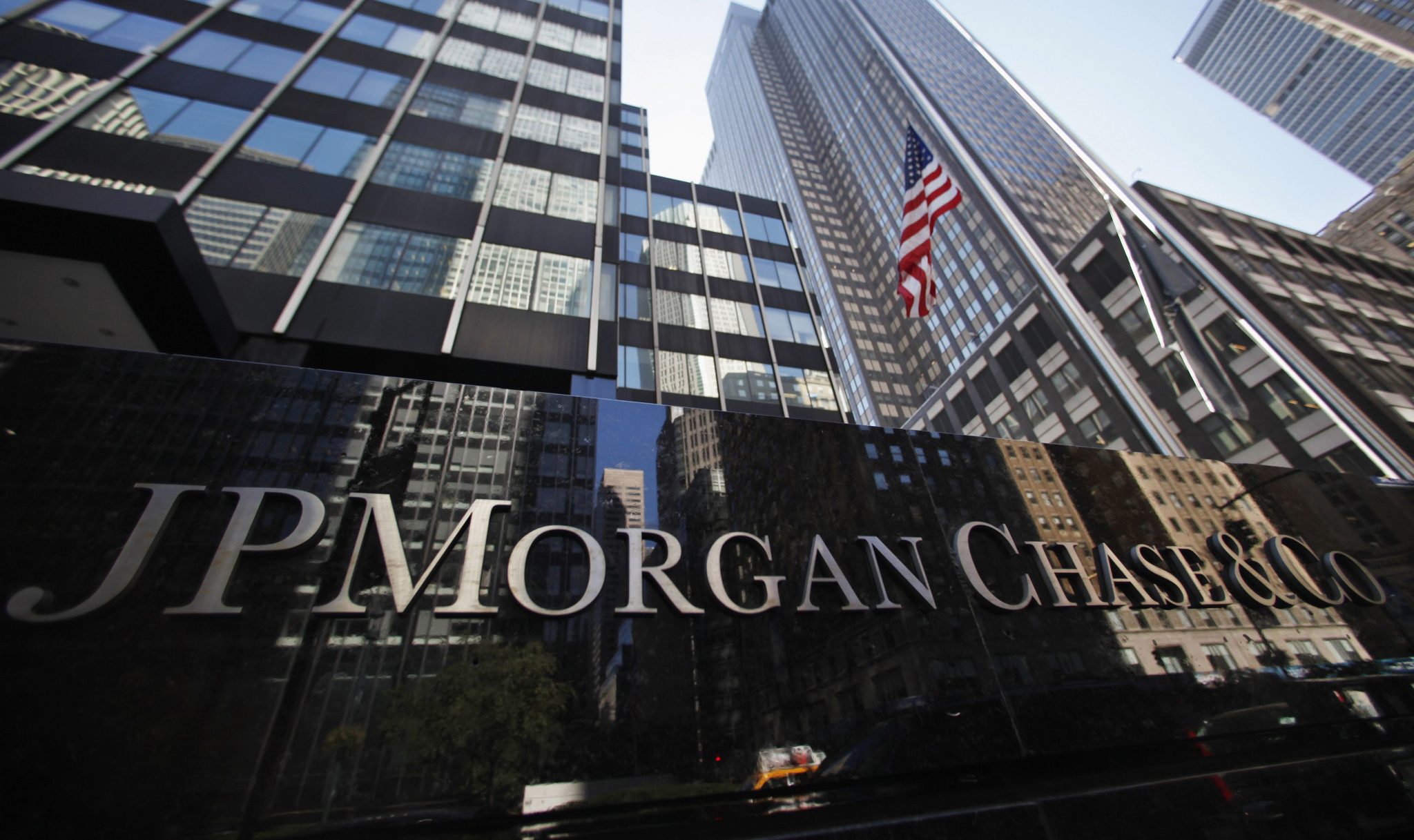On July 8, 2015 the Consumer Financial Protection Bureau (CFPB) and 47 states took action against Chase Bank for illegal debt collection activities involving the sale of delinquent accounts to third-party junk debt buyers. After a thorough investigation the CFPB found that Chase Bank had done the following:
- Sold Bad Debts to Third-Party Debt Buyers: The investigation found that Chase sold accounts to junk debt buyers that had already been settled, paid in full, discharged in bankruptcy, not owed by the debtor, were part of a repayment plan, or were otherwise unenforceable. The CFPB also found that Chase had sold debts to junk debt buyers that were missing or contained erroneous information such as whether the debt had been paid or the amount owed.
- Assisted Third-Party Debt Buyers In Deceptively Collecting Debt: The CFPB also found that Chase sold inaccurate or uncollectable debts to junk debt buyers. It was found that Chase knew that the junk debt buyers would seek to collect on these fault debts, and thus by providing the junk debt buyers with inaccurate information actively participated in deceptive collection activities.
- Robo-Signed Affidavits to Sue Consumers for Unverified Debt: Chase filed more than 528,000 debt collection lawsuits against consumers and provided more than 150,000 sworn statements to debt buyers for their collections lawsuits against consumers which were often robo-signed documents. This means that the person signing the affidavit hadn’t actually taken the time to verify the information contained within the sworn document – even though they were swearing under penalty of perjury that they had reviewed and verified the information.
Penalties Issued Against Chase by the Consumer Financial Protection Bureau
In response to the illegal conduct by Chase Bank the CFPB came down hard. The Consent Order issued against Chase Bank provided the following:
- Chase Bank Must Cease Collecting on 528,000 Accounts: Chase Bank has been ordered to stop collecting on 528,000 consumer accounts that were sent to collections litigation between January 1, 2009 and June 30, 2014. If Chase previously obtained a court judgment Chase must notify the consumer that they will not try and collect or enforce the judgment. Further, Chase is required to contact the three major creditor reporting agencies to request that the judgments not be reported.
- Chase Must Pay at Least $50 Million in Cash Redress to Consumers: Chase has been ordered to pay cash refunds to consumers against whom collection lawsuits were pending between January 1, 2009 and June 30, 2014 for amounts paid above what the consumer owed when the debt was referred for litigation, plus 25% of the excess amount paid.
- Withdraw, Dismiss, or Terminate Collections Litigation: Chase must withdraw, dismiss, or terminate all lawsuits where a judgment has not been entered and are pending anytime after January 1, 2009.
- Pay a $30 Million Civil Penalty: In addition to the $50 million that Chase must pay to consumers, Chase has been ordered to pay an additional $30 million civil penalty for its unlawful debt sales and robo-signing practices.
What this Means for Your Debt Collection Case with Chase Bank
If you were sued by Chase Bank in a debt collection lawsuit that is either still pending or judgment was entered against you, and it was filed after January 1, 2009, then you have a basis under this Order to get the lawsuit dismissed. In fact, Chase must dismiss the suit.
Even if Chase already has a judgment against you they are required to stop trying to collect on it and must notify the credit bureaus that they are to take it off of your credit report. If you have Chase pursuing you on a debt this Order gives you a lot of power to eliminate the debt.
What If you Were Sued by a Junk Debt Buyer that Purchased the Debt from Chase?
Here in Arizona where I practice law I never see debt collection lawsuits that are initiated by Chase Bank against consumers. Instead, what I see are lawsuits that are filed by junk debt buyers like Midland Funding and Portfolio Recovery Associates who are alleging to have purchased a portfolio of accounts from Chase Bank.
If you have been sued by one of these junk debt buyers the answer as to how this Order impacts you is less clear. It makes sense that if your lawsuit falls within the same time frame as referenced in the Order that there would be sufficient basis to have your judgment or lawsuit thrown out as well.
As of this publication of this article I don’t have a clear answer but I have sent a question into the CFPB and am looking for test cases to raise this argument to the court.
Overall this Consent Order entered by the CFPB is a big win for consumers who are failing debt collection from Chase. If a debt is owed people should be required to pay it. However the banks should be held accountable as well – they have all the power in the collection process and if they are failing to make sure the accounts they are collecting on are accurate there must be consequences.
Schedule a Free Consultation!
 John Skiba, Esq.
John Skiba, Esq.
We offer a free consultation to discuss your debt problem and help you put together a game plan to eliminate your debt once and for all. Give us a call at (480) 420-4028

